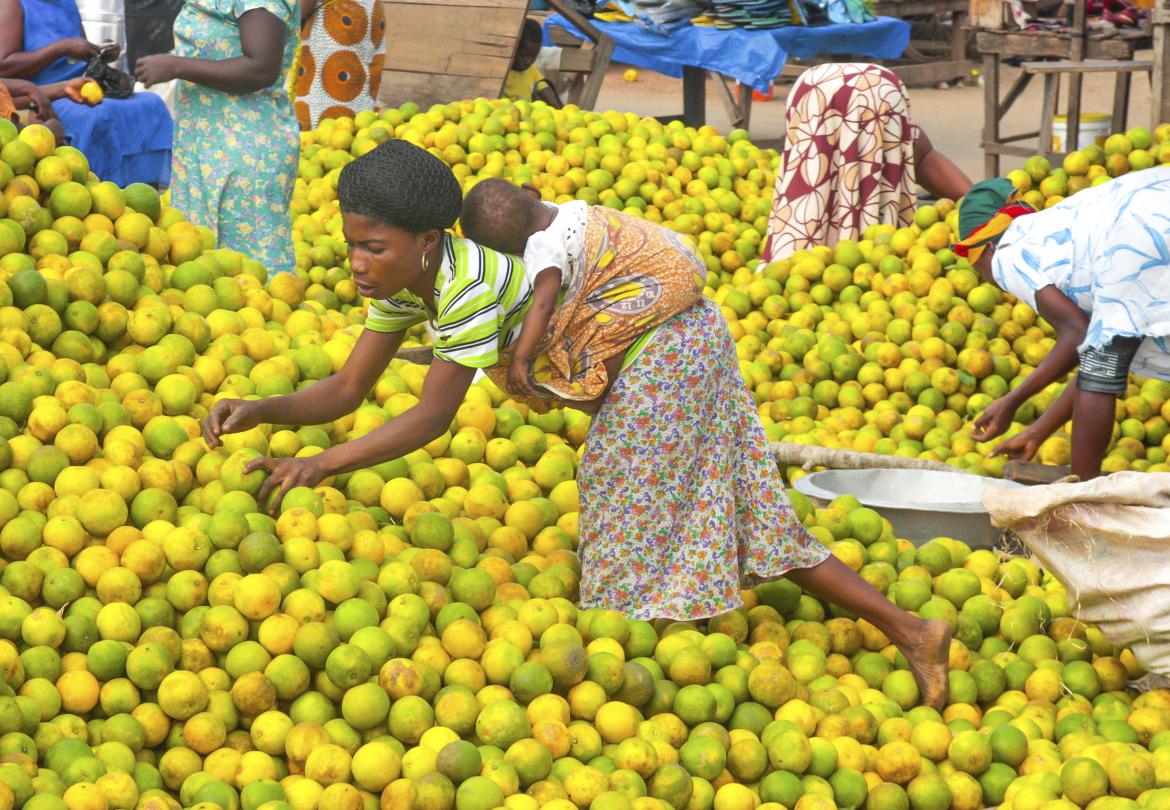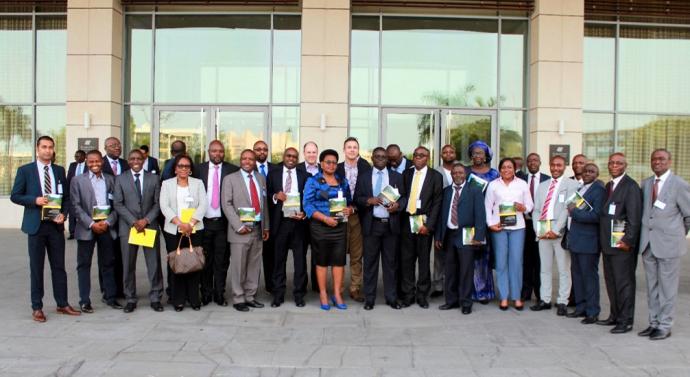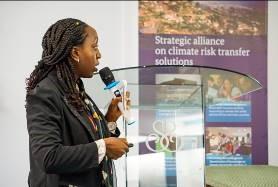The overall aim of the project is to prepare the ground for implementing risk transfer solutions within an integrated flood risk management approach for municipalities in GAMA, Ghana.
Sub-Saharan Africa
The core objective of the project is to build the resilience of food-insecure smallholders through an integrated risk management approach which includes weather index insurance, assets creation, credit and savings interventions, and climate services.
The core objective of the project to contribute to enhancing the resilience for people dwelling in drought prone areas such as southern parts of Oromia region and Somali region through a series of surveys/ studies and implementation of pilot projects.
The core objective of the project is to protect households from the economic shocks of livestock mortality due to drought.
17
Jul
Smallholder farmers in Sub-Saharan Africa are some of the most vulnerable to the effects of climate change and adverse weather events. Weather-based index insurance can help farmers become more resilient by giving them a tool to manage their risk, protect their investment, and maintain their livelihood. But the insurance industry in the region has been slow to develop these products, mostly because they lack the necessary technical skills and capacity; high-level training helps develop these skills to create new and innovative index-based insurance products in the regional market, which in

Published on:
Topics:
Country:
The World Bank Group has approved additional $14.6m IDA (loan and grant) financing for the Strengthening Climate Resilience (PPCR Phase II) Project that will help strengthen Zambia’s institutional framework for climate resilience and improve the adaptive capacity of vulnerable communities in the Barotse sub-basin of the Zambezi. The project is also expected to help integrate financial and technical services such as savings, micro-credit, and index insurance into the existing approaches to sustainable agriculture and climate resilience.
22
Jun
From April 17 to 20, the Strategic Alliance on Climate Risk Transfer Solutions facilitated two high-level executive training on index-based livestock insurance in Mombasa, Kenya. The goal was to reflect on the Kenya Livestock Insurance Program (KLIP) – a flagship program in agricultural insurance – and define next steps for further improvement and implementation on national and county level. The World Bank and the International Livestock Research Institute (ILRI) are also involved in the Program and the gained knowledge is openly shared for other programs and countries to use. The presentation
Content owner:
Index insurance is a type of agricultural insurance that can serve smallholder agricultural development and risk management by protecting assets and encouraging productive investments. Limited availability, accessibility, quantity and poor quality of data on the ground are some of the primary technical constraints preventing scale-up and sustainability of index insurance. Data were the focus of the project “Improving Agricultural Risk Management in Sub-Saharan Africa: Remote Sensing for Index Insurance”. This publication outlines the project, which investigated overcoming issues with ground
Content owner:
Limited availability, accessibility, quantity and poor quality of data on the ground are some of the primary technical constraints preventing scale-up and sustainability of index insurance. Data were the focus of the project “Improving Agricultural Risk Management in Sub-Saharan Africa: Remote Sensing for Index Insurance”. This publication details the project, which investigated overcoming issues with ground data by testing innovative remote sensing methodologies. It describes the different remote sensing options and opportunities available for index insurance, but it also recommends further
Content owner:
ACRE Africa
Topics:
ACRE Africa participated in 2018 Understanding Risk Forum in Mexico City in May 2018. Organized by the World Bank’s Global Facility for Disaster Reduction and Recovery (GFDRR) and partners every two years, the event provides organizations and individuals with the opportunity to exchange knowledge, highlight new activities and initiatives, establish new partnerships, and foster innovation in the field. As part of this year’s program, the Disaster Risk Financing and Insurance Program (DRFIP) and the Global Index Insurance Facility (GIIF) – both in the WBG’s Finance, Competitiveness & Innovation


